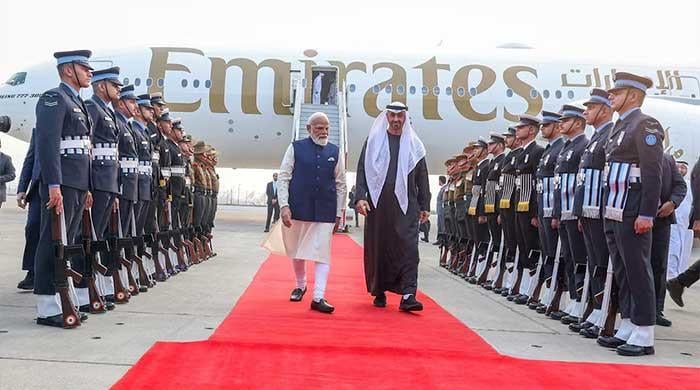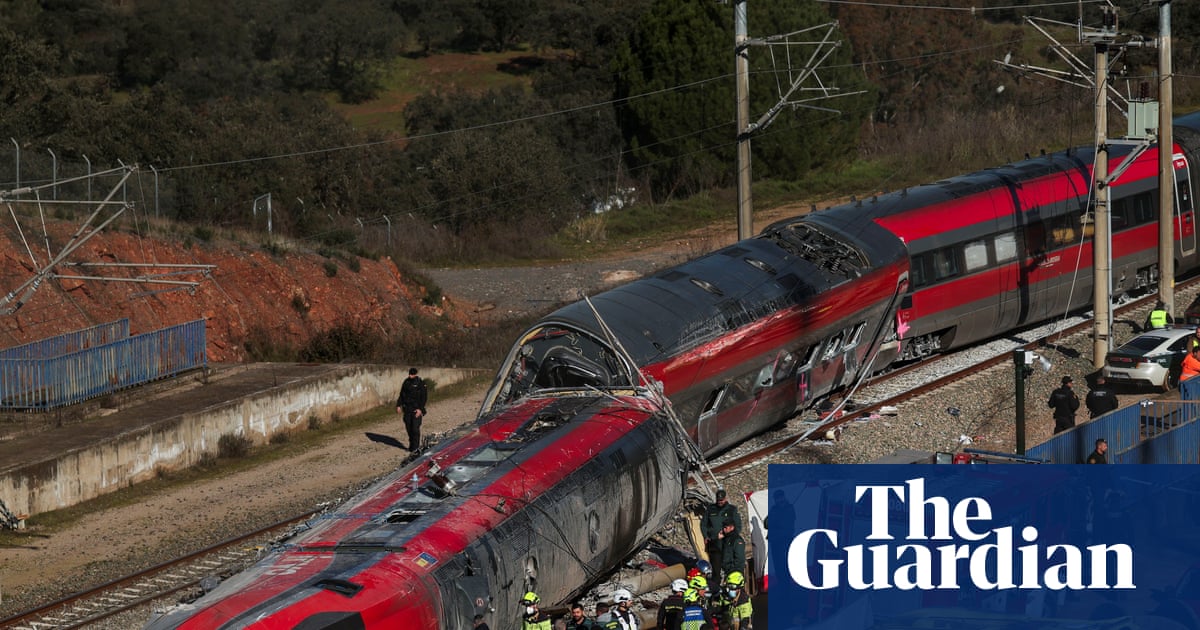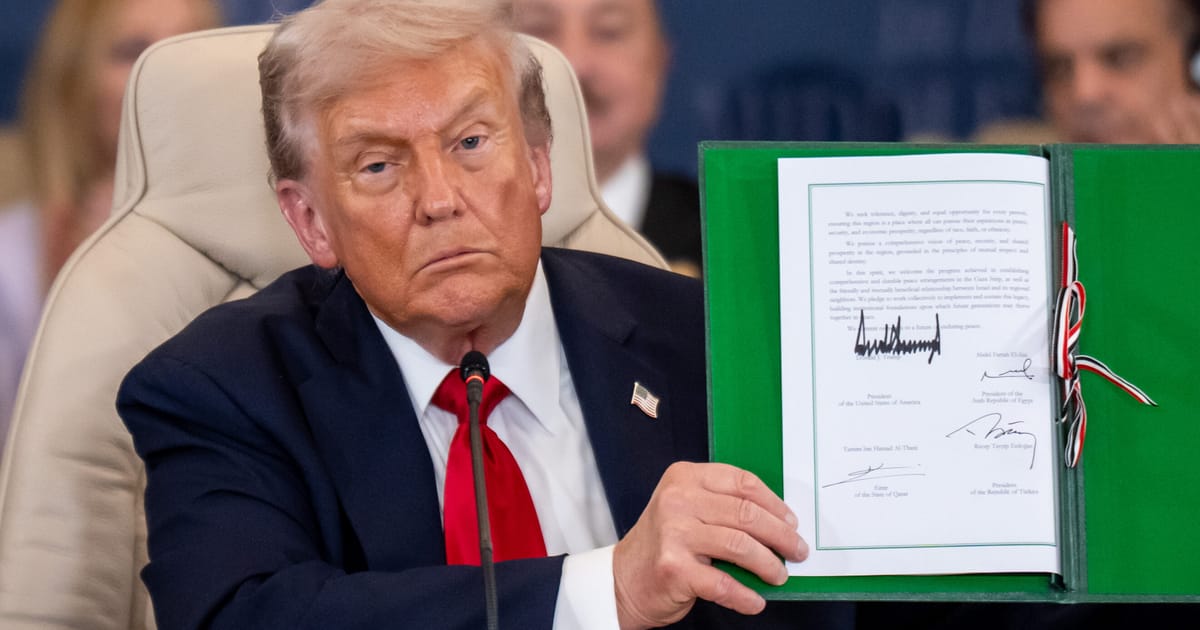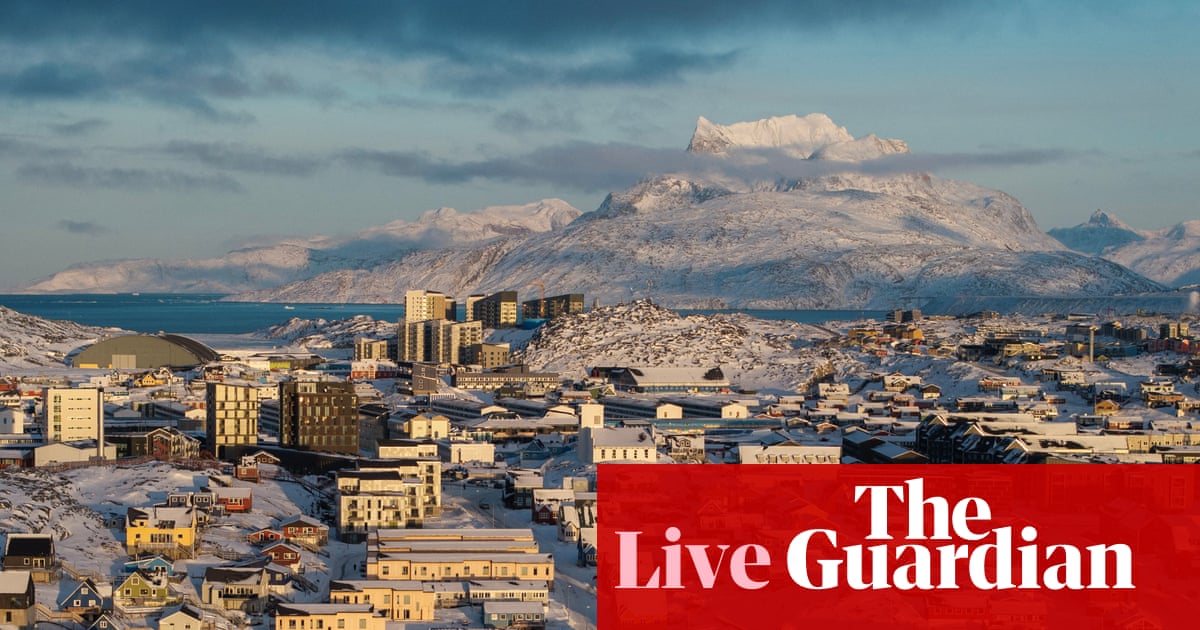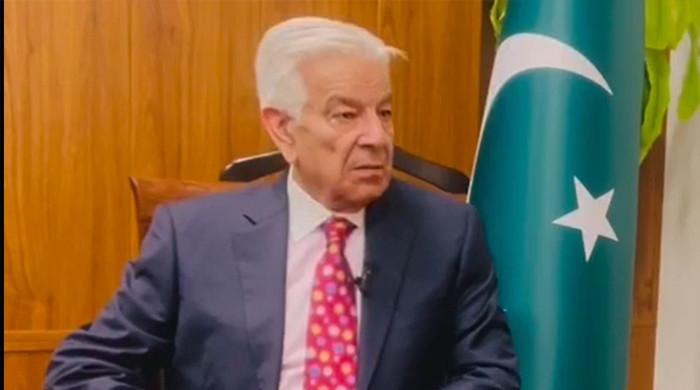- ADNOC Gas signs 10-year LNG deal…
Trump says ‘no comment’ to question if he would use force to seize Greenland, says Europe should focus on Russia and Ukraine
In a brief telephone interview with NBC News, Donald Trump declined to rule out seizing Greenland by force.
“No…
